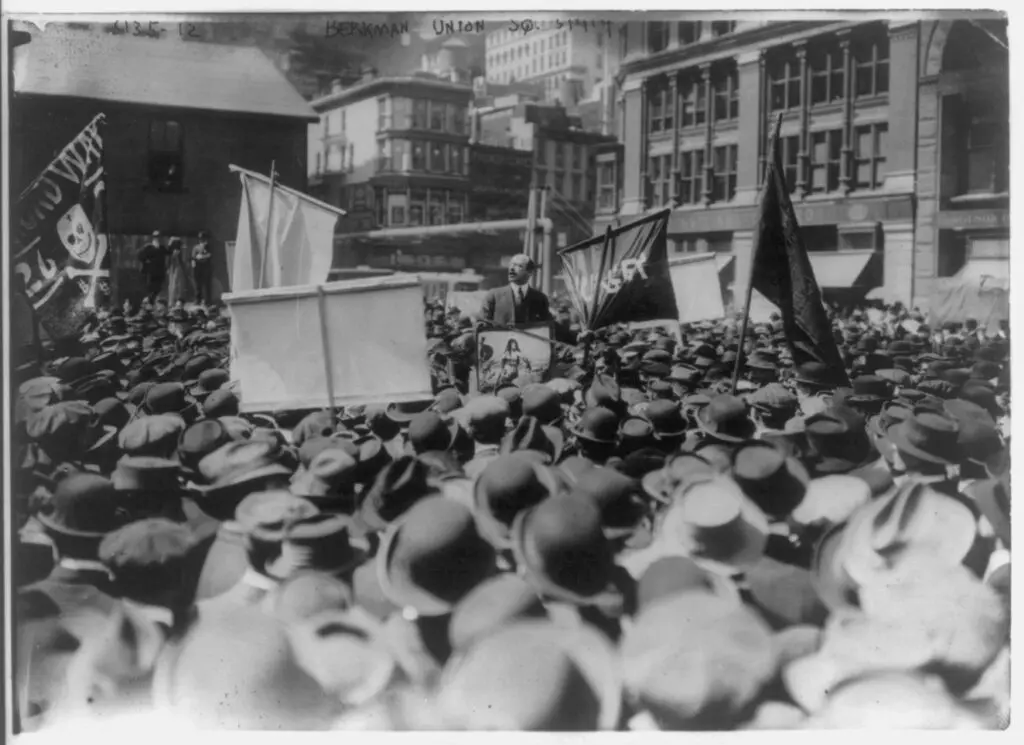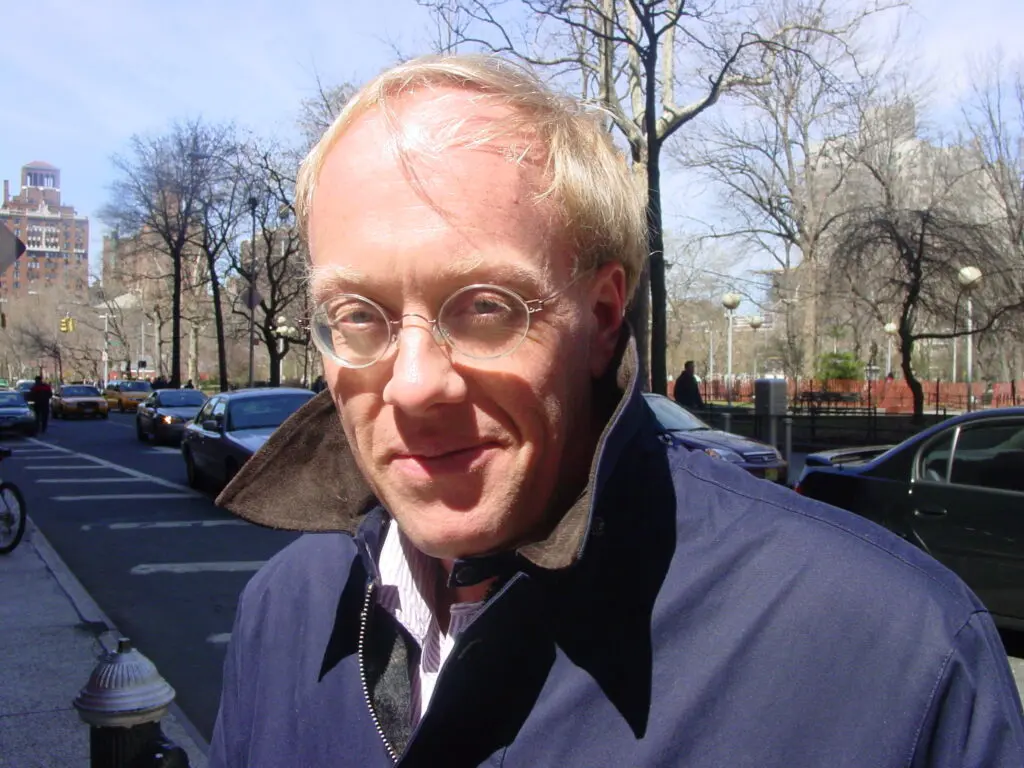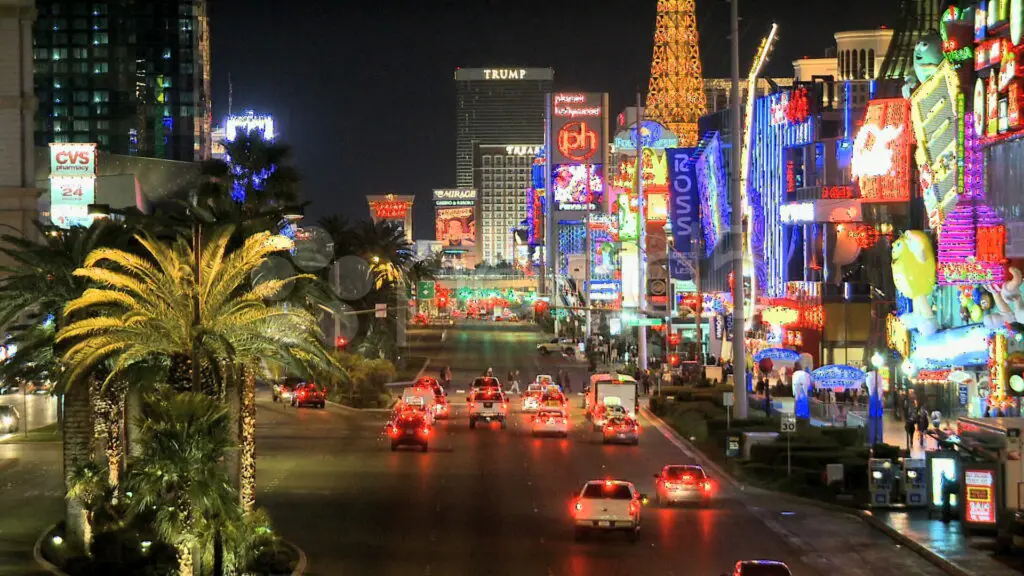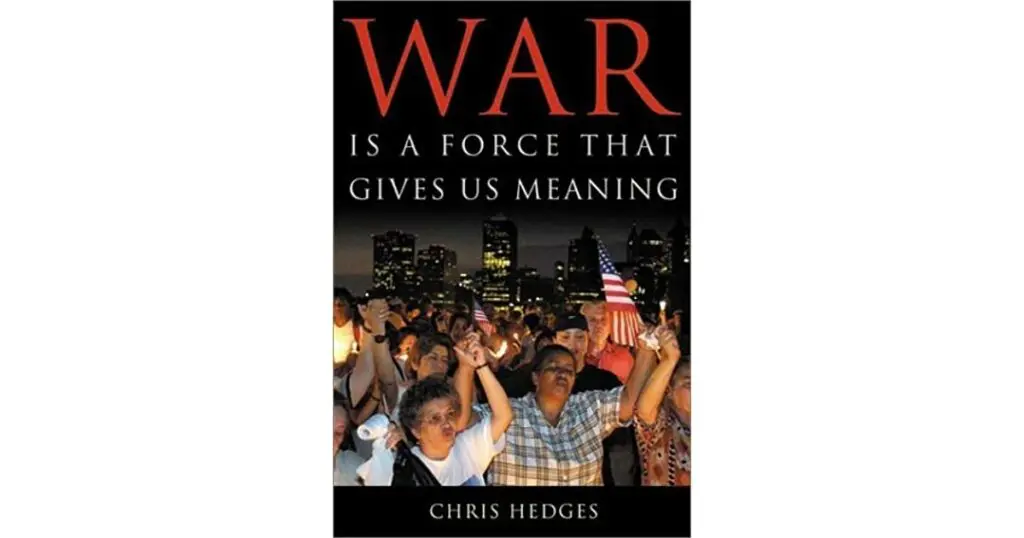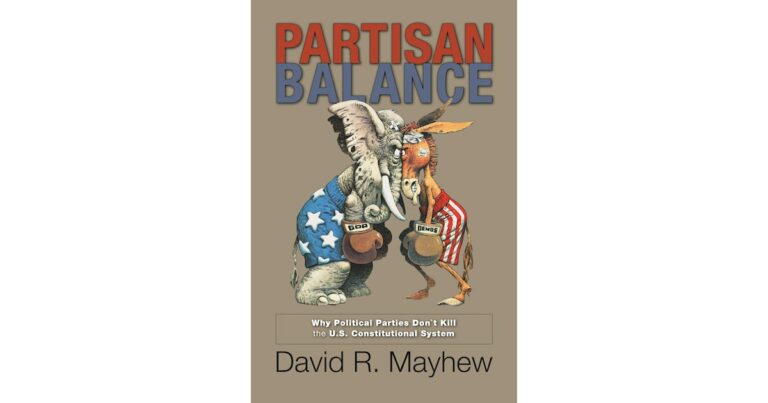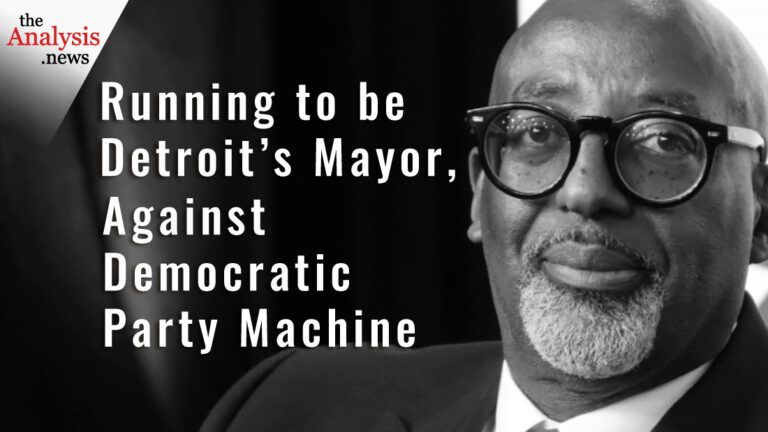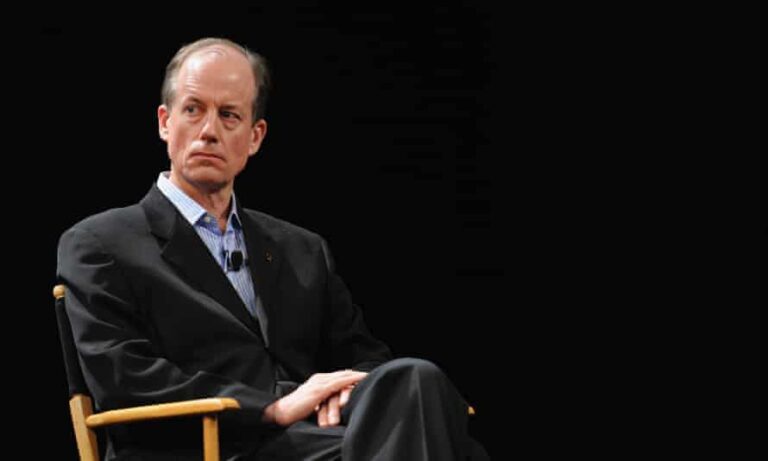On Reality Asserts Itself, Paul Jay asks Chris Hedges if the American Left bears responsibility for the weakness of the mass movement; Hedges says the gravest mistake of the left is not articulating a viable vision of socialism. This episode was produced on July 19, 2013.
TRANSCRIPT
PAUL JAY, SENIOR EDITOR, TRNN: Welcome to The Real News Network. I’m Paul Jay in Baltimore. And welcome to our new show, Reality Asserts Itself.
Now joining us in Baltimore is Chris Hedges.
Thanks for joining us again.
CHRIS HEDGES, JOURNALIST AND WRITER: Sure.
JAY: So watch part one and part two. You’ll see the introduction down below is the full introduction of Chris. But by now everybody knows Chris is a great writer. He wrote for The New York Times for 15 years, and now he writes for Truthdig.
So how much of this lack of mass movement–although, you know, we need to say there is one. There are things happening all over the country and certainly all over the world. I mean, in some places, from Brazil to Egypt, surprising things are happening. It’s complicated, but things are happening.
On the other hand, we’re not seeing this kind of even Brazilian style mass movement here, and certainly not a widescale civil disobedience movement. But how much is that the responsibility, weakness, if you want, fault of the American left? In 2008, in a piece you wrote, “Why am I a socialist?” you wrote this: “The inability to articulate a viable socialism has been our gravest mistake.” Do you still believe that?
HEDGES: Yes, because we have allowed ourselves to embrace an ideology which, at its core, states that all governance is about maximizing corporate profit at the expense of the citizenry. For what do we have structures of government, for what do we have institutions of state, if not to hold up all the citizenry, and especially the most vulnerable?
You know, if you go back and look at the 1980s in especially the Scandinavian countries, they eradicated poverty, virtually. I lived in Switzerland, I studied French in Switzerland, and there were no homeless. The mentally ill were taken care of. It has, arguably, one of the best health-care systems in the world. My oldest son was born in Lausanne. And that was–it’s actually a privatized system, but it’s heavily regulated. Everybody pays into it, but everybody has health insurance. Senior public school teachers earned about as much as doctors.
And with the wealth given to us as Americans, we could have eradicated poverty. We could have created a country that was much different than what we have created. And what’s happening now is that we are being rapidly reconfigured into a kind of neo-feudal society, an oligarchic society where increasingly the bottom two-thirds of Americans are hanging on by their fingertips. You have a shrinking, diminishing middle class and an elite that is just making obscene amounts of money at our expense.
And you can’t sustain–first of all, you can’t sustain a democracy in an oligarchy. That’s not a new idea. Thucydides wrote about that about ancient Athens. But secondly, because there are no self-imposed limits–and in this sense Karl Marx was right, that unfettered, unregulated capitalism, especially on a global scale, is a revolutionary force. They will push and push and push until there is a backlash.
And I think part of what we’re seeing with the security and surveillance state is a preparation for that backlash–the destruction of civil liberties, which has been brutal, the wholesale surveillance and monitoring of, you know, virtually every American citizen, which I think many of us suspected and Edward Snowden, through his disclosures to Glenn Greenwald of The Guardian, made, you know, palpably real. The National Defense Authorization Act. And I sued the president in the Southern District Court of New York, and I won. We’re now–the Obama administration has appealed it. But this permits the military to seize, arrest American citizens, strip them of due process, and hold them in military detention centers, including our offshore penal colonies in places like Guantanamo or Bagram. And when Judge Katherine Forrest wrote her 112-page opinion, which I think is worth reading, she actually brings up the plight of the 110,000 Japanese Americans who were interned during World War II and stripped of due process and said that this provision in the NDAA essentially allows the state to criminalize an entire group of people and lock them away without any legal redress. And they know what’s coming. The NSA has run all sorts of scenarios on economic collapse, and especially climate change. And they’re preparing.
JAY: Alright. Let me add one thing to that. We did this in our coverage of the G20 protests in Toronto, where 1,000 people were arrested. But I think there’s pretty clear evidence that when they arrest 1,000 people in Toronto when there’s very little happening, this is dress rehearsal. This is training for how do you do mass arrests.
HEDGES: Right. And it’s also a message to everyone else. I mean, let’s remember that whatever the internal faults of the Occupy movement–and they were there–the Occupy movement was destroyed.
And I was just at a trial in New York, Veterans for Peace, twenty-five people arrested. I was there in October 7 at the Vietnam Veterans Memorial Plaza in New York, which technically closes at 10:00, but that’s never enforced unless you’re carrying out a public demonstration, that there is now a decision by the security and surveillance state to essentially seize all public space, to make any kind of protest within public space impossible because they don’t want to see generated another Occupy movement. And indeed when many of these vets were arrested, the cops were telling them, look, we’re vets, we don’t want to arrest you, but the Occupy movement messed it up for you because we can’t allow another one.
The state was quite rattled by the Occupy movement and is determined not to allow a movement, a mass movement like that to rise up again. And yet, you know, you read Paul Krugman’s columns in The New York Times, where he constantly calls for a rational response to the economic crisis, and a rational response would be a moratorium on foreclosures and bank repossessions, a forgiveness of student debt, a massive jobs program, rebuilding infrastructure, especially targeted people under the age of 25. That would be rational. But the state doesn’t respond rationally, because there are no mechanisms, counter-mechanisms now to make piecemeal or incremental reform possible, which was the role of the traditional liberal class. And I spend a long time in The death of the Liberal Class laying this out.
And so they keep pushing and pushing and pushing. You’re seeing unemployment benefits being taken away. You’re seeing Head Start programs being shut down. You’re seeing an assault on public education. The Congress can’t even cap the student debt at 3 percent. It’s now risen to 6 percent, while at the same time the Fed is lending trillions of dollars to corporations like Goldman Sachs at virtually zero percent interest. And then these financial corporations, especially if you’re late on your credit card, are charging us upwards to 30 percent. I don’t know what that is. It’s not capitalism. It’s, you know, extortion. And that’s the system that we live under.
So, because there are no self-imposed limits, there will be a response. It may not look like Occupy, it may not call itself Occupy. Indeed, I don’t think that it will. But I’ve covered movements all over the world. I covered the revolutions in East Germany, Czechoslovakia, Romania. I covered both of the Palestinian uprisings or intifadas. I covered the street demonstrations that brought down Milosevic. And you know as a reporter that the tinder is there. So having spent two years writing Days of Destruction, Days of Revolt out of the very poorest pockets of the country with Joe Sacco and having been, you know, in cities like Camden, which per capita is the poorest city in the United States and not surprisingly the most dangerous, something’s coming. What will trigger it, it will be benign. It will be a seemingly innocuous event.
JAY: In Brazil it was bus fares.
HEDGES: There you go. In the first Palestinian uprising it was a traffic accident. But something’s coming.
Now, I should add that in American society we have a long tradition of extremist vigilante right-wing violence, which can be categorized as fascist, where you fuse the language and iconography of the state with the Christian religion, where you demonize the vulnerable–Muslims, undocumented workers, homosexuals, intellectuals, liberals, feminists–they have a long list of people they hate. And those are powerful forces within American society.
The left has been destroyed, especially the radical left, quite consciously in the whole name of anti-communism, and The Death of the Liberal Class really explains the destruction of those movements. But those movements were important, because as Howard Zinn points out in the People’s History of the United States, they opened up the democratic space. The people who founded this country were slaveholding, white, male oligarchs who were terrified–and you can see it in the Federalist Papers–of any kind of popular democracy, and so that all of the advances within American society and, you know, within the industrialized world–we had the bloodiest, deadliest labor wars of any country. Hundreds of workers were killed. Thousands were wounded. The violence was quite brutal and quite extreme.
And so you saw with the abolitionists, with the labor movement, with the suffragists, even with the civil rights movement, movements outside the power structure condemned as radical that forced a liberal elite to respond and open up space. Now the radical movements are gone and destroyed. And more importantly, the liberal institutions have been disemboweled to serve corporate interests.
So the result is that we as citizens have through the traditional structures of power been left powerless to respond. The only hope left is to get out in the street and build the kind of mass movements that I saw in countries like East Germany, where you had half a million people showing up in Alexanderplatz in East Berlin or half a million people showing up in the streets of Prague in Wenceslas Square during the Velvet Revolution, which I also covered. I’m not even–I’m not going to–I’m not naive enough to tell you it’s going to work, but appealing to the better nature of the Democratic Party, I can assure you is not going to work.
JAY: But doesn’t this mass movement need some kind of electoral strategy? Otherwise you wind up in a situation, don’t you, like what happened in Egypt, where Mubarak falls but there is no electoral strategy of the left in any place, so it’s the Muslim Brotherhood that winds up–.
HEDGES: No. I’ve covered totalitarian states all over the world, and they all have elections.
JAY: No I didn’t–I said doesn’t it need an electoral strategy.
HEDGES: I’m not sure that it does. I think that the problem is–you know, and Karl Popper writes this in The Open Society and Its Enemies. He said the question is not how do you get good people to rule. Popper says that’s the wrong question. Most people, Popper writes, attracted to power are at best mediocre, which is Obama, or venal, which is Bush. The question is: how do you make the power elite frightened of you? Who was the last liberal president we had? It was Richard Nixon–not because he was a liberal, but because he was frightened of movements. And there’s a scene–I think it’s in Kissinger’s memoirs, 1971, huge antiwar demonstration surrounding the White House, and Nixon has put empty buses, city buses end-to-end as a kind of barricade, and he’s standing at the window wringing his hands, going, Henry, they’re going to break through the barricades and get us. And that’s just where you want power, people in power to be. And that’s why Sarkozy, who was a cretin, was unable to do too much damage to France, because if you got up in France and told French university students that they were going to pay $50,000 a year to go to college, they’d shut the damn country down.
And we have to recognize that for those of us who care about defending the rights of the underclass, we have to hold fast to the moral imperatives of movements and force power to respond to those movements. If we integrate those movements into the power structure, if we in essence compromise the integrity of those movements, we diminish their power.
And that goes back to Julian Benda, his great work Treason of the Intellectuals, where he says all of us have the option of serving two sets of principles: privilege and power, or justice and truth. But for those of us who care about privilege and power, the more we make concessions to those who serve privilege and power, for those of us who care about justice and truth, the more we diminish the capacity for justice and truth.
The point is to make, build organic organizations that make the power elite frightened of us. And if we invest our energy–as I think the left unfortunately has–into political parties, or at least, let’s say, the Democratic Party–and I wrote Nader’s major policy speeches for him in 2008 and voted for Jill Stein in the last election, but as a kind of protest vote–then all of the programs that I think we so desperately need in a democratic state are going to be destroyed.
I mean, Roosevelt was a compromise figure. You had the Communist Party, you had the Progressive Party, you had anarchosyndicalist unions like the Wobblies, you had a radical left that was putting pressure. So Roosevelt says that his greatest achievement is that he saved capitalism. And he’s right. And most of the policies that he adopted he took from the left.
JAY: But to go back to what you wrote, the inability to articulate a viable socialism has been our gravest mistake, in the ’30s there was a movement, for better or worse, that had a vision of something to fight for. It wasn’t just to fight against. It wasn’t just a holding operation.
HEDGES: That’s what I’m saying. But I’m saying that we have to hold–you have to hold fast to that moral imperative. So if you keep conceding–I mean, let’s look at what the liberal class has conceded to the Democratic Party. The Democratic Party in Europe would be a far-right party. It’s pro-war, it’s anti-union, it’s anti-civil liberties. I mean, Obama’s assault on civil liberties is worse than Bush. It’s an enemy of the press. It’s used the Espionage Act to shut down whistleblowers, which are the lifeblood of a free press. It has assassinated American citizens. I mean, and, you know, at what point do you say enough?
And I think that Nader was correct when he ran for president by saying, if we can get 5, 10, 15 million people to withdraw from the system as a kind of counterweight, we can begin to put pressure from the other side. But right now there is no pressure from the other side, because we are effectively manipulated.
Look, both sides of the political spectrum are manipulated by the same forces. If you’re some right-wing Christian zealot in Georgia, then it’s homosexuals and abortion and all these, you know, wedge issues that are used to whip you up emotionally. If you are a liberal in Manhattan, it’s–you know, they’ll all be teaching creationism in your schools or whatever.
Yet in fact it’s just a game, because whether it’s Bush or whether it’s Obama, Goldman Sachs wins always. There is no way to vote against the interests of Goldman Sachs. And it’s only by stepping outside the system and challenging the system–and we can do that through electoral politics, which is what Debs did. Nineteen-twelve I think he polled 6 percent of the vote. But that doesn’t mean that we’ll take power. It just means that we will begin to build forces that will pressure power to respond. And I think that’s what we’ve forgotten. We have to begin to make the power elite terrified of us. And Occupy did that, by the way. They were terrified of Occupy. And you saw in the elections–.
JAY: Because they thought it would really catch on bigger than it was.
HEDGES: And they had to destroy it. And let’s remember who destroyed it. Barack Obama destroyed it in a coordinated federal campaign, because the people who were most threatened by Occupy were the Democrats, which is why they tried to co-opt the language and they sent out Van Jones, you know, occupy the ballot booth and all this kind of stuff.
In the same way, they were threatened by Nader 2000. They were terrified of Nader, which is–Nader’s mortal enemy became the Democratic Party, challenging all his voter lists, which, of course, made him spend millions in legal fees to fight back, demonizing him for the election of Bush when in fact Bush was appointed by fiat by the Supreme Court. It had nothing to do with Nader. They didn’t do the recount in Florida, because Gore had won.
So what I’m saying is that you can have an electoral strategy, but an electoral strategy is not going to include embracing the Democratic Party.
JAY: Well, let’s pick that up in the next segment. Yeah, I’m not yet saying what I think the strategy is. I’m just saying if there isn’t one in some way or form, then you’re never talking about taking power. At best you’re talking about a defensive operation and putting pressure on those who have power. But hold on. We’re going to do this in the next segment.
So please join us for the next part of this series of interview with Chris Hedges on Reality Asserts Itself on The Real News Network.

